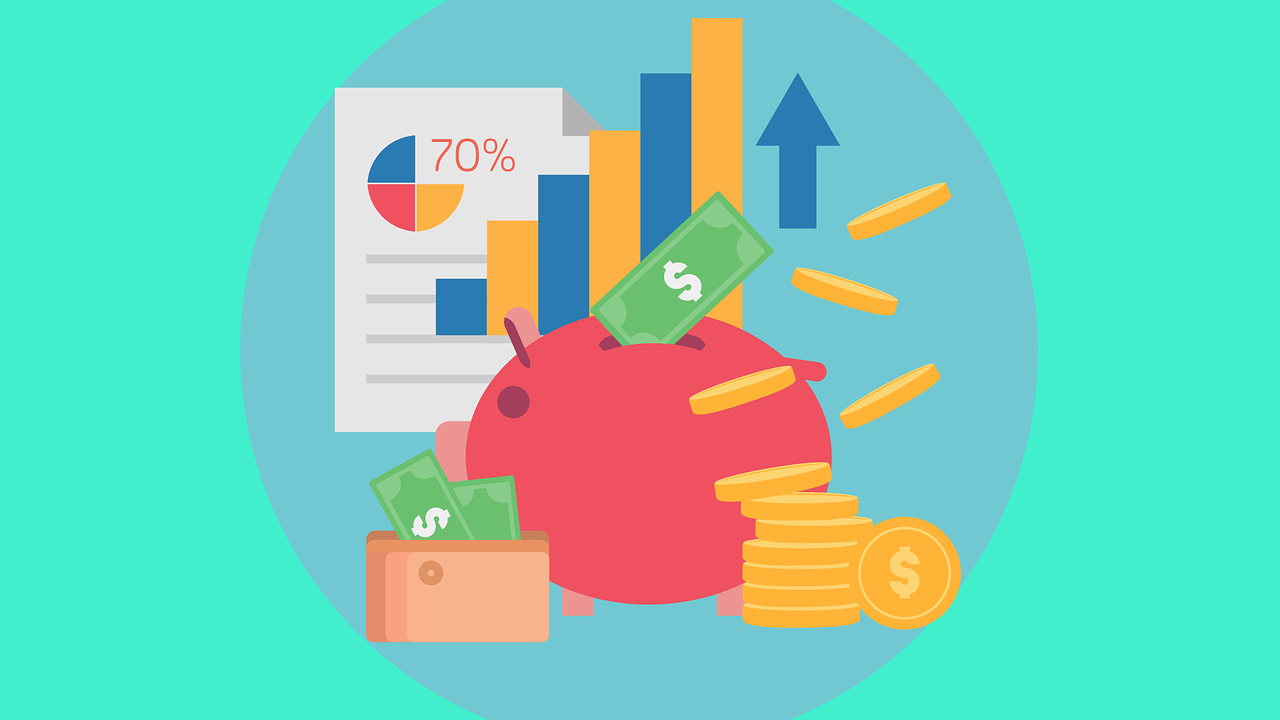Markets are flexible.
Or at least they should be. Markets that are operating properly are flexible.
Q3 2021 hedge fund letters, conferences and more
Demand And Supply
In the days before laptops, there was a big market for typewriters. Students used them to type term papers. Secretaries used them to type memos for their bosses. Aspiring novelists used them to type their works in progress. Typewriters were all the thing. Today, if you showed a young person a typewriter, there’s a good chance that he or she would not be able to identify its purpose. Today typewriters belong in museums. Laptops have taken over most of their functions.
Which means that we produce far fewer of the things than we once did. The demand for typewriters has contracted. So the production of them has contracted too. If it had not, the market would be flooded with typewriters that could not be sold and the excess production would drive the price for typewriters down to levels where it would not be possible to earn a profit selling them. Fortunately, the market for typewriters is flexible and the production of them has fallen off to the extent necessary to match the diminished demand. The typewriter market has responded to dramatically altered circumstances.
Not so the stock market.
A regression analysis of the historical return data shows that the most likely 10-year annualized return for stocks sold at the prices that applied in 1981 is 15 percent real. At the prices that apply today, the most likely annualized return is a negative 0.5 percent. The appeal of stocks has dropped dramatically. Investors buy stocks to obtain a return on them and to use that return to finance their retirement. But the return has disappeared. The logical thing would be for demand to drop until the price that applied made more sense.
Why hasn’t it happened? The stock market is not flexible, as markets must be to function properly. It’s that Buy-and-Hold thing. Investors have been taught that it is always a good idea to buy stocks and that one does not need to adjust one’s stock allocation to reflect changed circumstances. That would be market timing! A bad idea. Taboo. Forbidden. A four-letter word.
The Buy-and-Hold Strategy
Market timing is the means by which the stock market attains flexibility. Prices go too high, investors sell because the appeal of stocks is not as strong and prices return to more reasonable levels. Without market timing, that doesn’t happen. Prices drift upward and then stabilize for a bit and then drift upward some more and then stabilize for a bit again and then drift upward yet some more. The only way to get stock prices back to reasonable levels in a world in which the Buy-and-Hold strategy has become popular is to crash them. Which is a completely non-flexible (and painful!) approach to price correction.
Price crashes are economic heart attacks. People have heart attacks because they eat to excess and thereby over time come to put excessive strains on their hearts. If only they took a more flexible approach. When one learns that one is 20 pounds overweight, one should take steps to get one’s weight back to a good level. That’s a flexible approach to fitness. Gain a little, lose a little. Lose a little, gain a little. Stay flexible. Avoid heart attacks.
The stock market needs to stay flexible. The problem, of course, is that investors like high prices. Stocks are the only thing we buy on a regular basis for which we dream of paying ever high prices. The price of stocks goes up and we think: “Oh! I earned more on my stock portfolio this year than I did from my job!” Did you? If the gains were all irrational exuberance, you didn’t earn anything of lasting value at all. You earned a mirage. If you come to believe that the mirage is real, your stock investing experience will end in tears.
We need to encourage investors not to get carried away with the irrational exuberance thing, to be more flexible in their attitude toward stocks, buying more when prices are low and less when prices are high. We have public service commercials to encourage good behavior in other fields of life endeavor to stop people from throwing cigarette butts on the ground and from taking narcotics to relieve life’s pains. What if we did that in the stock investing realm?
Only YOU can prevent bull markets.
Please market time until it hurts.
A financial freedom dream is a terrible thing to waste.
The retirement plan you save may be your own.
Keep America valuation-informed.
This is your brain. This is your brain on Buy-and-Hold. Any questions?
Rob’s bio is here.






